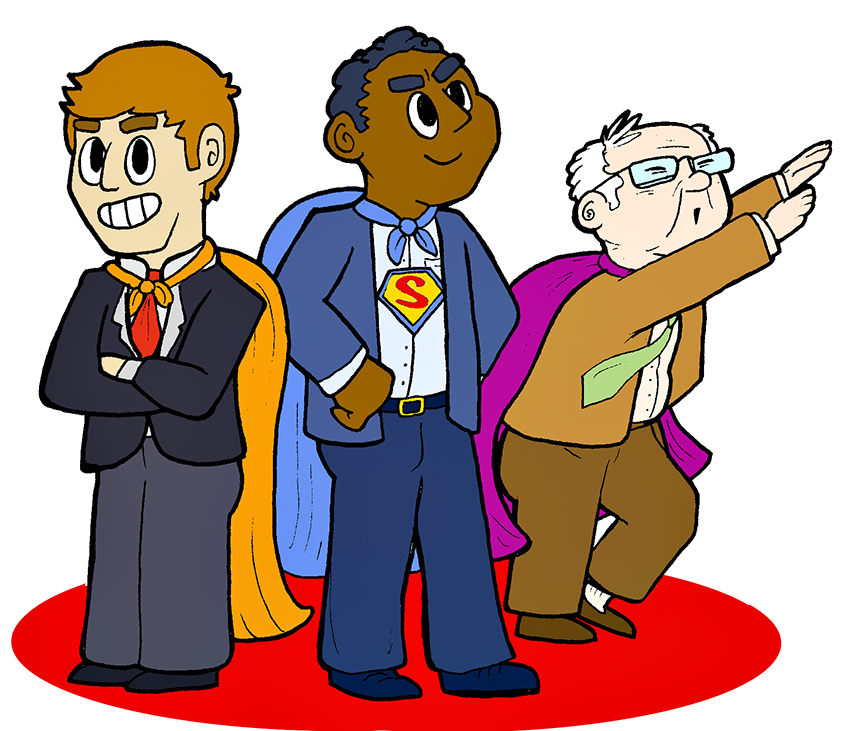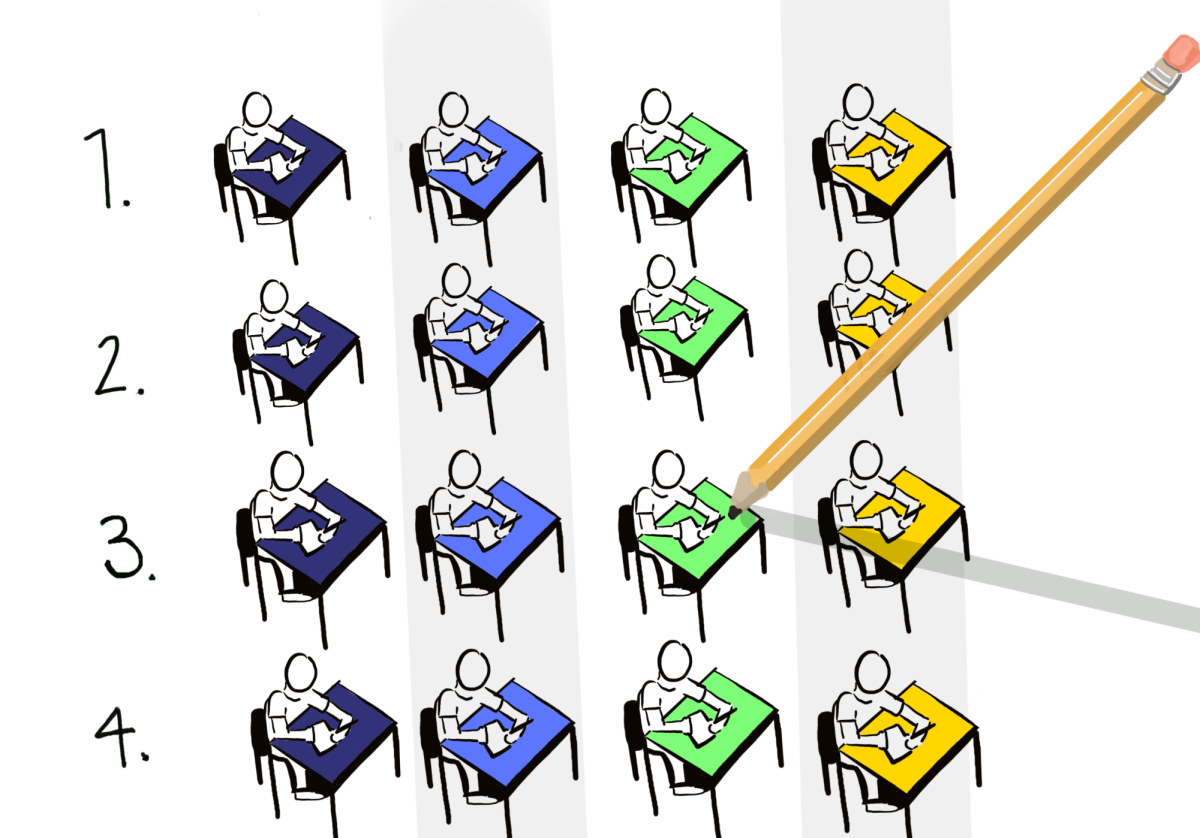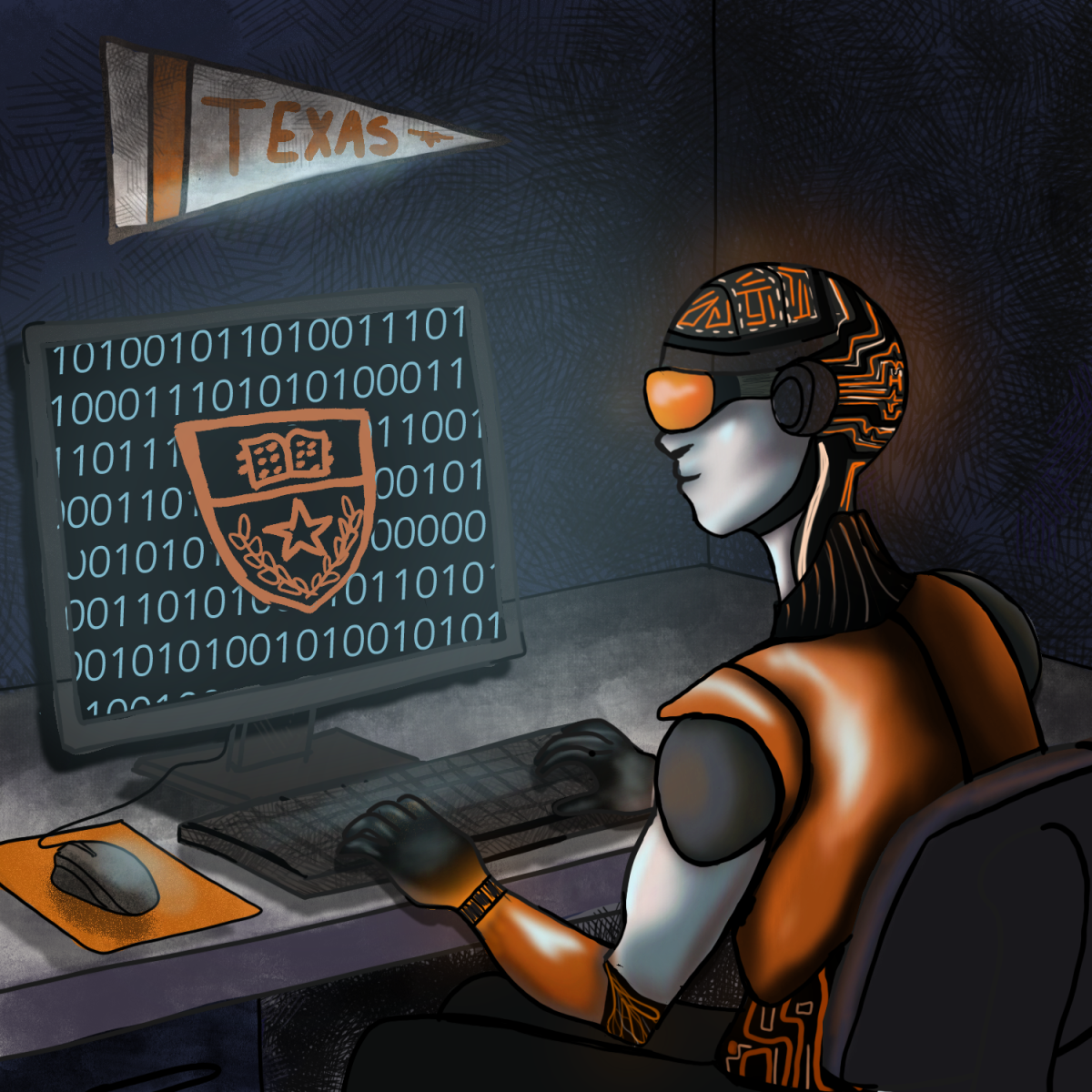Editor's note: This column appears in a point-counterpoint regarding the effectiveness of the superdelegate system. To read its counterpoint, click here.
Last week, South Carolina’s democratic primary was a new starting point in Bernie Sanders’ campaign. It was the first win for the presidential hopeful in what’s already been a long and heavily anticipated election cycle.
According to various national polls, Sanders is quickly closing the gap with Hillary Clinton. It looks as though the populace is starting to “feel the bern” — which would mean something if the populace had any real say in the democratic process at all.
Voters don’t directly vote for candidates in primary elections, but vote for the allocation of delegates who are often party activists or local political leaders. Each state has a certain amount of delegates per primary, which are allocated proportionally by the popular vote. The candidate with the majority of delegates, (at least 2,382 this election cycle) ultimately wins the democratic nomination. That seems simple enough — at least until you introduce the concept of superdelegates.
The superdelegate position began in the 1980 democratic convention, when Ted Kennedy challenged sitting president Jimmy Carter. It consists of prominent elected Democrats, which include governors, the president and vice president and all the members of congress. And unlike elected delegates, superdelegates aren’t subject to vote with the populous. They have full autonomy.
In the South Carolina democratic primary Sanders won with 15 delegates to Clinton’s nine. On its face that might mean a win for Sanders. But with the introduction of the superdelegate system, Sanders doesn’t even come close.
This system came about at a moment in history when party leaders of the Democratic National Committee sought to deter “chaos” from within the party. They also saw it as a responsible way to ensure that the party nominates the right candidate. The issue, however, is that responsible basically means undemocratic.
Much like Democratic elites now are trying to stop the chaos that is Sander’s revolution.
Now this small group of super elites don’t have a substantial power. Out of the 4,763 total delegates in the democratic primary, 712 are superdelegates. If a candidate has substantial populous backing, then superdelegates have a marginal effect if they vote against the populous.
But in the election climate we have right now, where Sanders and Clinton are neck and neck, the next Democratic presidential candidate could very well be nominated undemocratically. Right now Clinton leads 394-44, including superdelegates, but Sanders has a 36-32 lead among elected delegates, and until the superdelegate process is abolished there will not be a true democratic process in the American
primary races.
Choudhury is an economics freshman from Dallas. He is a senior columnist. Follow him on Twitter @MubarratC.





















